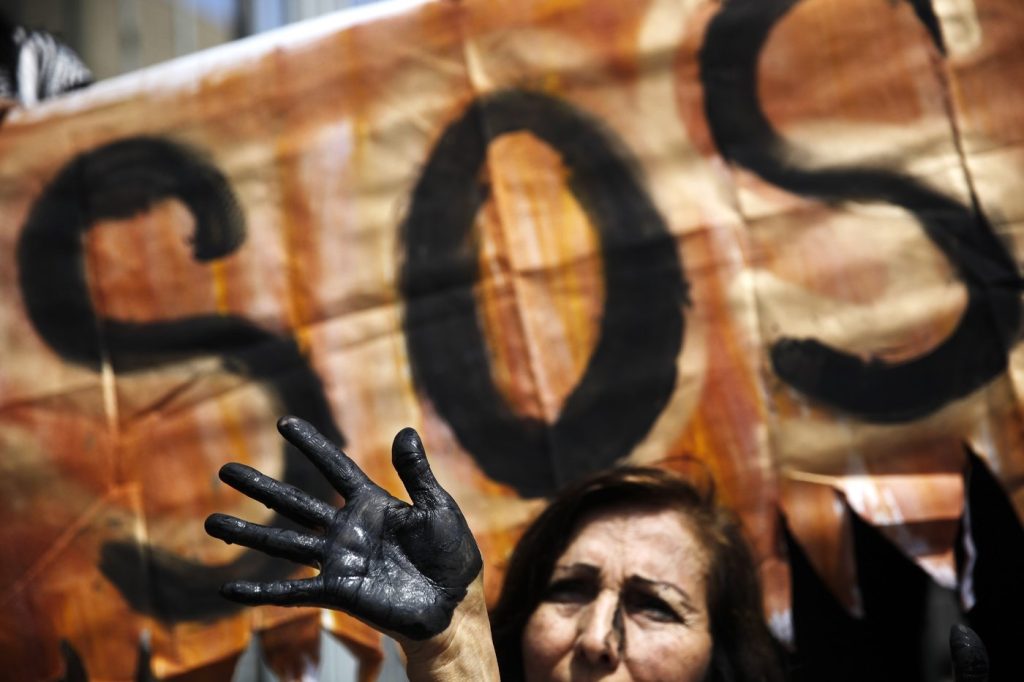Peru's state-run oil company, Petroperu, recently failed to attract any bids for the development of Block 64, an oil field overlapping the ancestral territories of several Indigenous groups. This outcome was celebrated by the affected communities and environmentalists, marking a significant moment in the ongoing struggle for Indigenous rights in the region.
Block 64 is situated within the ancestral lands of the Achuar, Wampis, and Chapra nations, and has long been a focal point for Indigenous resistance against oil exploitation. The failed tender on Thursday represents a major setback for Petroperu’s plans to expand oil production in this sensitive area.
Olivia Bisa Tirko, president of the Chapra Nation’s autonomous territorial government in Loreto, Peru, expressed relief at the announcement, stating, “It’s great news amid so much hardship we’ve been experiencing — a relief, but we remain on alert.” Her comments reflect a collective sentiment among Indigenous communities, who have faced ongoing threats to their environment and way of life due to oil exploration.
In a written statement to the Associated Press, Petroperu claimed that several companies had shown interest in Block 64 but withdrew their bids last minute due to internal strategic changes rather than external pressures. The company rejected any suggestions that Indigenous opposition contributed to the lack of bids. It also asserted that local communities supposedly support oil development and that the block has received the required community approval, known as a social license.
However, the reality on the ground tells a different story. Since 1995, local Indigenous groups have vocalized strong opposition to oil development in the region, citing environmental damage and violations of rights as primary concerns. Petrolu took control of Block 64 in 2022, but the concession was awarded without proper consultation with Indigenous communities, igniting years of resistance and legal fights.
Bisa Tirko noted the protracted battle, stating, “It’s been a fight ever since the Peruvian state granted the concession without consultation or consent (from Indigenous communities). For more than 25 years, we have been fighting and resisting to defend our right to live in a healthy and balanced environment.” This highlights the long-standing issues of neglect and disregard for Indigenous rights by the government.
The failed bidding process emphasizes the growing legal, environmental, and reputational risks that deter investors from pursuing oil development in the Amazon. Andrew Miller, advocacy director at Amazon Watch—a nonprofit focused on rainforest protection—pointed out that strong local opposition has led to the withdrawal of several multinational companies from exploring Block 64 since 1995. He further explained that pollution from operations in other oil blocks has had devastating effects on surrounding communities, leading to contaminated water and social strife.
Miller reflected, “The history of their sister Indigenous communities in neighboring oil blocks is poisoned water sources, social division, and impoverishment. Each day the oil doesn’t flow is a day they can still use the rivers for their sustenance, as they always have.” He added that despite the financial investments made by multinational corporations in the past, none have managed to recover their costs, leading to a perception of Block 64 as a costly venture with little promise of profit.
Despite recent setbacks, Miller believes the Peruvian government will continue to seek ways to encourage development in Block 64. He cautioned that local communities and their allies will remain vigilant against what he referred to as a “zombie project” that has been repeatedly rejected yet continues to try and resurface.
Overall, the situation surrounding Block 64 serves as a stark reminder of the conflict between Indigenous rights, environmental concerns, and the interests of the oil industry in Peru. As communities celebrate their current victory, the possibility of future attempts to develop the land remains a pressing concern.











